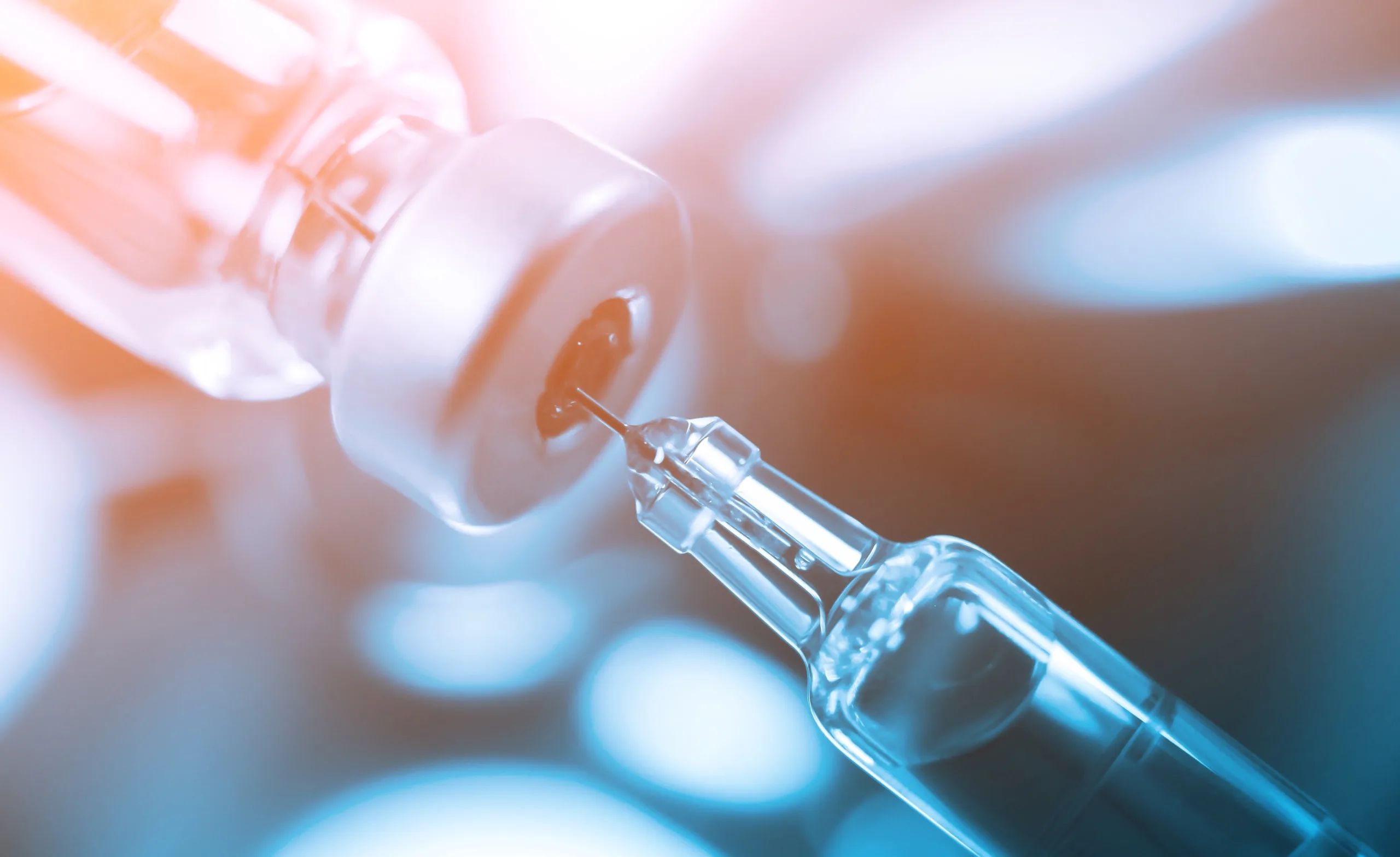
The FDA Approved Drugs for Treatment of Substance Use Disorders
Recovering from drug or alcohol addiction is an intense, on-going process involving numerous steps – unfortunately, even though dependence and addiction can occur rather quickly, sobriety often takes more effort to achieve and obtain.
This is due to the effects of ongoing drug and alcohol use and their significantly negative impact on brain chemistry. They completely change the proper levels of chemicals in the brain and rewire the brain’s reward system – when this reward system is hijacked, it is a known challenge to get it back to its proper levels of functioning.
What is medication assisted treatment?
Medication assisted treatment (MAT) for drug and alcohol addiction is a recovery option which allows you to slowly begin weaning your body off of addictive substances through the use of certain FDA-approved medications.
These medications are approved for treatment of addiction due to the way they interact with brain chemistry and help clients lessen cravings, wean off substances and achieve sobriety overall. Additionally, they can help reduce the impact of withdrawal symptoms, which can pose serious health risks when detoxing from drug or alcohol use.
Some argue that medication assisted treatment is replacing one substance with another; but if one adheres closely to the prescription instructions while seeking additional behavioral therapies in conjunction with MAT plans, recovery becomes whole-body. And eventually, clients can learn to regulate behavior well enough that medication may no longer be needed.
Additional benefits of MAT include:
- Increasing the chances of clients following through and completing treatment
- Boosting client survival
- Benefitting women who are pregnant and addicted to substances with improved outcomes at birth
- Reducing illicit opioid use and criminal behaviors
- Improving overall quality of life, including obtaining a job, healing familial relationships and increasing engagement in one’s community
In order to reach this state, MAT is beneficial for craving reduction and withdrawal symptom minimization to help overcome risk of overdose and provide hope for achieving that whole-body state of recovery.
Medication assisted treatment medications
Based on whether or not an individual is recovering from opioid use disorder or alcohol use disorder, certain medications are used to assist in the recovery process. In order for MAT to be successful, clients must adhere to prescription instructions and work closely with their therapist and doctors to prevent relapse and/or overdose.
Medications for drug addiction
The three FDA-approved medications for helping treat drug addiction are naltrexone, methadone and buprenorphine.
Naltrexone
According to the Substance Abuse and Mental Health Services Administration, “Naltrexone is not an opioid, is not addictive, and does not cause withdrawal symptoms with stop of use. Naltrexone blocks the euphoric and sedative effects of opioids such as heroin, morphine, and codeine. Naltrexone binds and blocks opioid receptors and reduces and suppresses opioid cravings. There is no abuse and diversion potential with naltrexone.”
Because naltrexone is an opioid blocker, it prevents opioids from having any effect on the body, making it a viable option for many who seek opioids for their effects.
Methadone
Methadone is a long-acting opioid agonist, meaning it acts more slowly in the system for longer; in the initial 24-48 hour period of when withdrawal symptoms are likely to begin, methadone is working to dull them to prevent relapse from occurring.
In addition to reducing cravings, methadone helps to prevent opioids from having effects on the body, giving the client a better chance at success in conjunctive therapies and overall recovery efforts.
Buprenorphine
Buprenorphine is a partial opioid agonist, meaning it still activates the opioid receptors in the brain, but to a lesser extent than a full opioid agonist. When taken as prescribed, buprenorphine is safe and effective and benefits individuals by helping wean the body off physical dependency to opioids while also reducing cravings and keeping withdrawal symptoms under control.
Medications for alcohol addiction
As drug addiction affects the brain in different ways than alcohol, different medications are needed to appropriately treat an alcohol addiction, the exception being naltrexone, as it also effectively helps with alcohol disorder treatment.
Naltrexone
Just as naltrexone blocks opioid receptors, it also has blocking effects on the intoxicated, euphoric feelings alcohol can elicit, giving individuals the chance of decreasing alcohol consumption and more successfully progressing through recovery.
Acamprosate
Acamprosate is a drug used when one is further along in the detox process, as it does not prevent withdrawal symptoms and is more effective when one sincerely is seeking sobriety. When the first few days of detox are finished, acamprosate use can begin to help prevent the desire to return to alcohol use.
Disulfiram
The first drug approved by the FDA for treating alcohol use disorder, disulfiram does not combine well with alcohol (often causes nausea, vomiting, headaches and chest pains) and must be taken after a few days of sobriety have been reached.
It is not like naltrexone or acamprosate which block effects of alcohol. Rather, it is a medication used as a deterrent because of the immediate illness clients will undergo when combining alcohol and disulfiram.
Recovery from alcohol or opioid use disorder
If you are seeking medication assisted treatment, Bluff August offers a wide variety of treatment plans for individuals seeking recovery. By combining MAT with behavioral and talk therapies, you will see improvement in your thoughts and habits.
To get started today, reach out to Bluff Augusta by calling [phone_linked] or contact us online to learn more.








